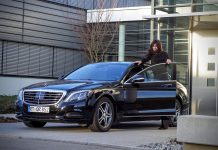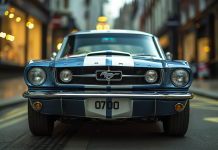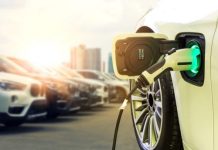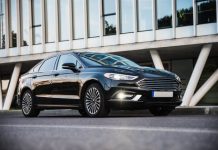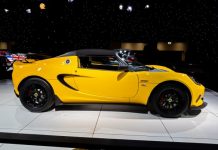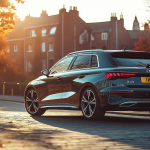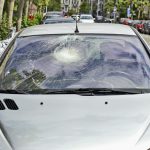Extensive EV usage research from Mini E
Friday, 5 August 2011 3:57 PM

The BMW Mini E with friends. Extensive, 12 month research shows that EVs have their place, and it's not in the hands of the Top Gear TV chaps!
After 12 months of trials on UK roads, with 32 women and 106 men behind the steering wheels of 40 all-electric Mini Es, covering 258,105 miles and 33,345 journeys and using 80,282 kWh of electricity; BMW release some interesting electric vehicle (EV) usage data and consumer opinion.
And it comes hot on the heals of Top Gear’s rather public TV pounding of Nissan’s Leaf and Peugeot’s Ion EVs that, perhaps for the famous “theatre” of the show, ran out of juice leaving Clarkson and May potentially stranded, with the usual, thoroughly scripted “chaos”, then ensuing. This new BMW data looks like it’ll shed more positive light on EVs.
Most notably, most of the 138 Mini E trial participants said they’d consider buying an electric car after spending some motoring-time in the Mini E, and four out of five people said that 80 per cent of their journeys could be taken in the Mini E, going up to 90 per cent with the addition of rear seats and a bigger boot, to carry more.
Unlike the Top Gear guys who ran their EVs near-flat before even locating a charging point, the BMW research found that virtually all recharging was carried out at home during cheap electricity hours, and with the average daily distance driven being just 29.7 miles, some participants only felt the need to charge their Mini Es every second day, or three times a week.
In-city, urban driving, with charging taken care of at home, seems – perhaps as most of knew all along – to be the perfect (and intended?) use for EVs right now, with the battery technology where it is. And this short-haul usage coupled with at-home-cheap-charging averaged out the cost to charge the electro-Minis to just 2p per mile.
However, even while using – and enjoying – the Mini Es, participants also noted that driving the EVs highlighted the general lack of surrounding infrastructure to support them; something that was smugly shown up by the dynamic TV duo.
So, pitch your EV standpoint tent either with Top Gear or with BMW for two total opposite ends of the usability scale. But, with the EV tech where it is right now it seems that the silent, battery-powered travellers are indeed useful, somewhat exciting and potentially frugal when used within sometimes restrictive parameters. Whether or not they serve us as practically as fossil fuels have remains to be seen.
BMW plan to use the extensive technology and usage data gathered in this 12 month trial to further develop the electric-tech within their i3 and ActiveE eco-cars.
 The Mini E all-electric car. Most users found it near-perfect for home-centric journeys of less than 30 miles – well within the car’s range
The Mini E all-electric car. Most users found it near-perfect for home-centric journeys of less than 30 miles – well within the car’s range
 A bigger boot and rear seats would boost the Mini E’s practicality score, naturally
A bigger boot and rear seats would boost the Mini E’s practicality score, naturally
 The I sub-brand from BMW – the futuristic shape of BMW eco-motoring
The I sub-brand from BMW – the futuristic shape of BMW eco-motoring
By Daniel Anslow
Follow us @totallymotor
blog comments powered by Disqus




